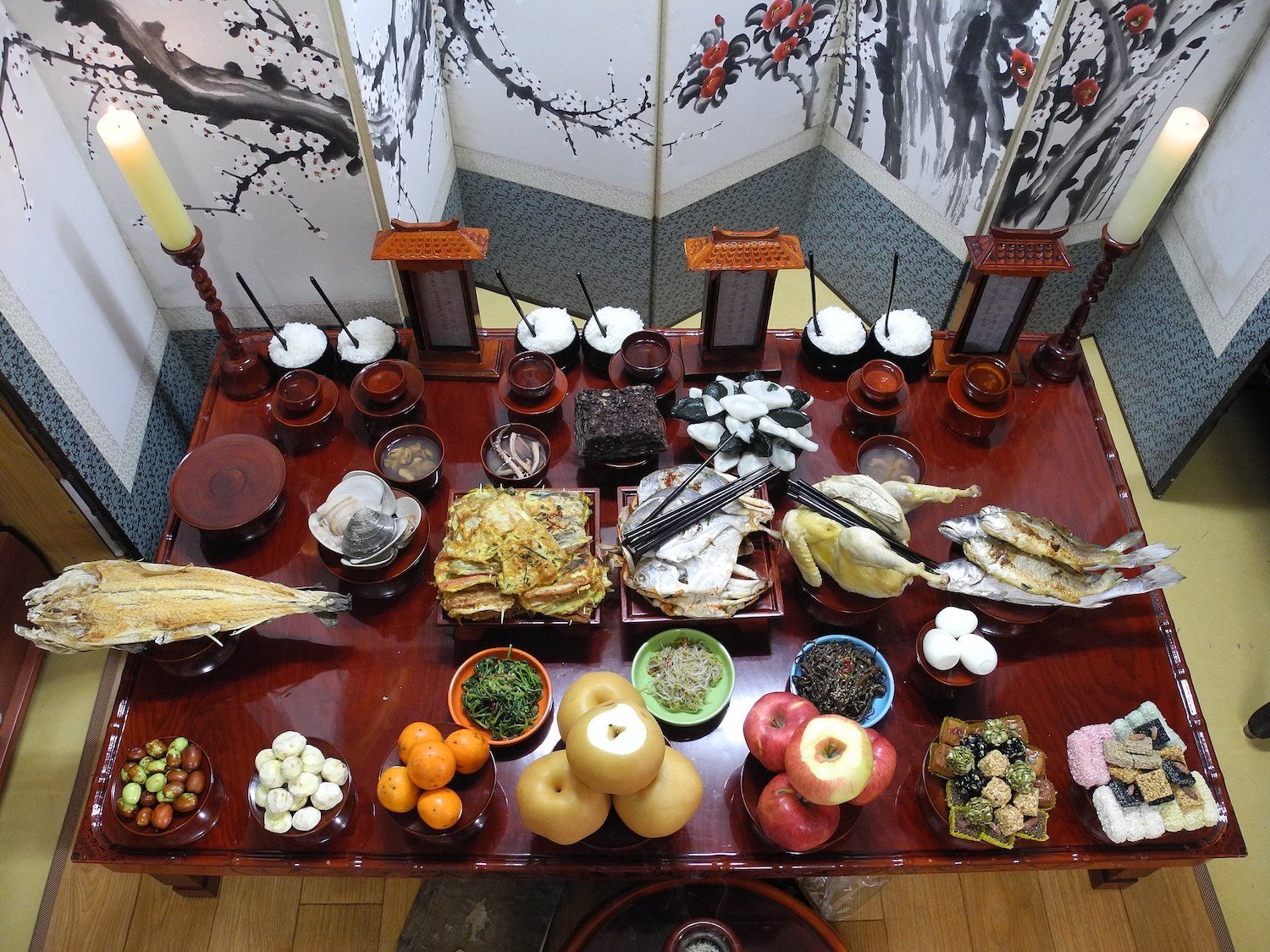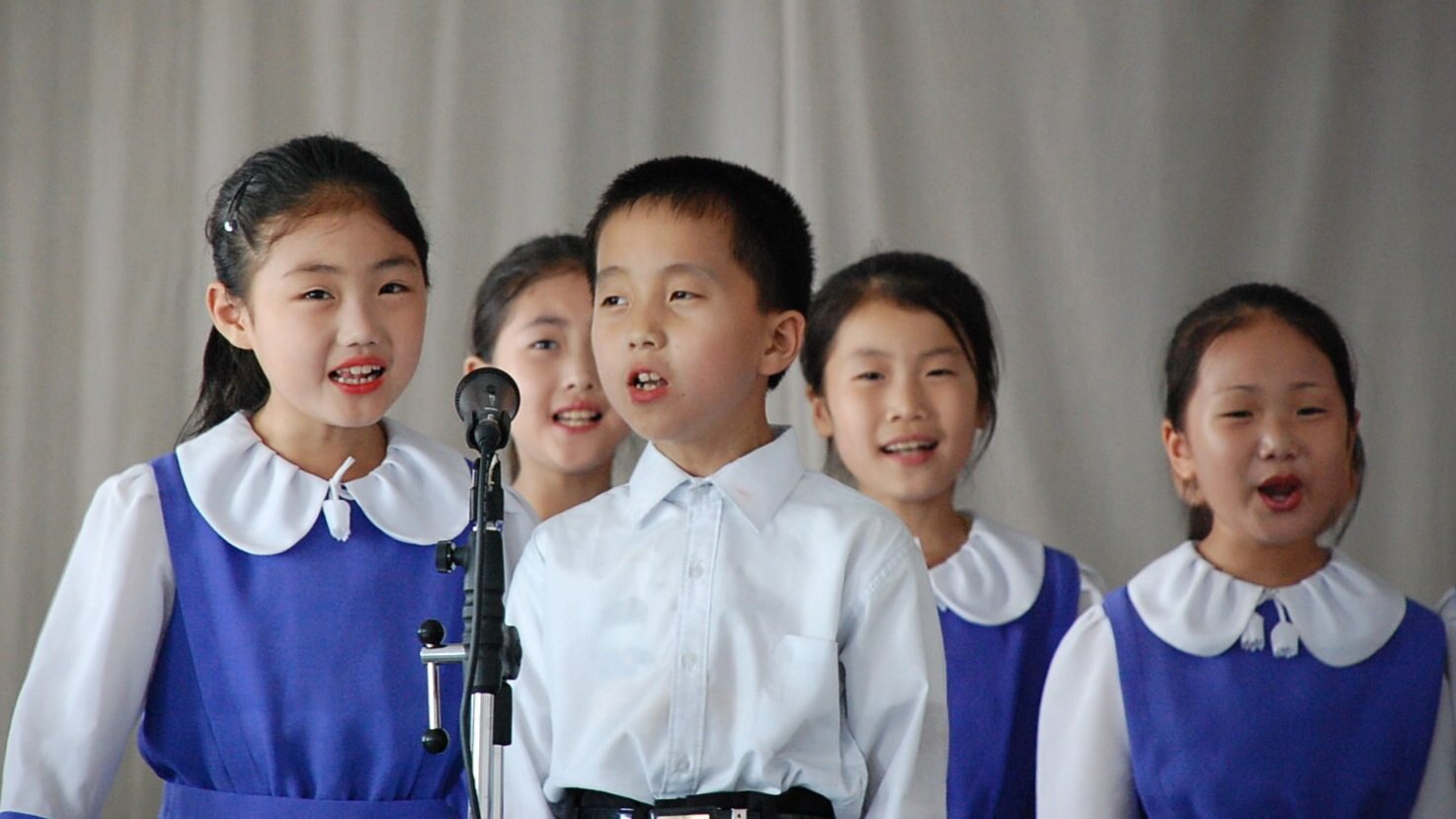Ahead of South Korea’s Thanksgiving holiday of Chuseok, flights to popular travel destinations, including Japan and Thailand, have largely been sold out as people seize the opportunity to escape from complicated family affairs and massive ceremonial activities associated with this festival. However, Chuseok marks a season of isolation and despair for many North Koreans who have settled in the South and are unable to visit their famine-stricken hometowns, pay respect to their ancestors or celebrate the festival with friends and families who are still caught in the North.
Meanwhile, for another group of North Koreans detained in China awaiting forced repatriation as the country begins to ease its border controls after years of stringent Covid-19 lockdown, the holiday season ahead could mean facing punishment for defecting in the form of torture, imprisonment, sexual violence, forced labor in prison camps and even public execution.
WHAT IS THE NORTH KOREA FREEDOM WEEK?
In response to the anticipated mass repatriation of North Korean defectors, civic groups on North Korea’s human rights held a rally near the Chinese Embassy in Seoul, calling on China not to send defectors detained in the country back to the North. The rally was held during the North Korea Freedom Week, which is an annual campaign that seeks to raise public awareness of North Korea’s humanitarian situation in Washington and Seoul, alternating yearly. This year’s freedom week ran from September 17 to 23, 2023, in Seoul.
The first freedom week was held in April 2004, when human rights activists demonstrated at Capitol Hill in Washington, urging the U.S. Congress to pass the North Korea Human Rights Act. The Act was later signed by President Bush on October 18, 2004, to promote human rights and freedom of North Korean refugees by
providing humanitarian assistance to North Koreans inside North Korea;
providing grants to private, non-profit organizations to promote human rights, democracy, rule of law and the development of a market economy in North Korea;
increasing the availability of information inside North Korea; and
providing humanitarian or legal assistance to North Koreans who have fled North Korea.
“As we observe the 20th annual North Korea Freedom Week, we recognize the courage of the North Korean defector and human rights community, which continues to speak on behalf of the millions of North Koreans suffering abuses who are unable to advocate for themselves,” commented the State Department spokesperson, Matthew Miller, who also expressed concerns about the estimated 2,000 asylum seekers from the DPRK who are detained in China and at risk of repatriation.
FREEDOM WEEK IN 2023
Advocacy groups kicked off the freedom week this year by joining the opening ceremony held at the Daejeon National Cemetery in conjunction with a memorial ceremony for the 13th death anniversary of high-profile defector and former mentor to Kim Jong-il, Hwang Jang-yop, next month. The Unification Ministry’s Human Rights Division Chief also gave a speech declaring that “If we continue to spread information about the realities about the North Korea human rights situation, the DPRK authorities will be pressured to improve it, and I am certain that it will bring about changes that will lead to improving the abysmal human rights situation there.”
The trilateral relationship among the U.S., Japan and South Korea has significantly strengthened in recent years, particularly in relation to their diplomatic stance towards Pyongyang. As a result, Seoul’s Unification Ministry under the Yoon Suk-yeol administration has, since last year, referred to the freedom week events as sponsored by not only the core members – the U.S. and South Korea – but also Japan. As such, both U.S. and Japanese activists were seen participating in the freedom week events this year, which consisted of various activities including demonstrations against the forced repatriation of defectors, a seminar about testimonies against nuclear tests in the DPRK and an opera focusing on the experiences of women defectors.








